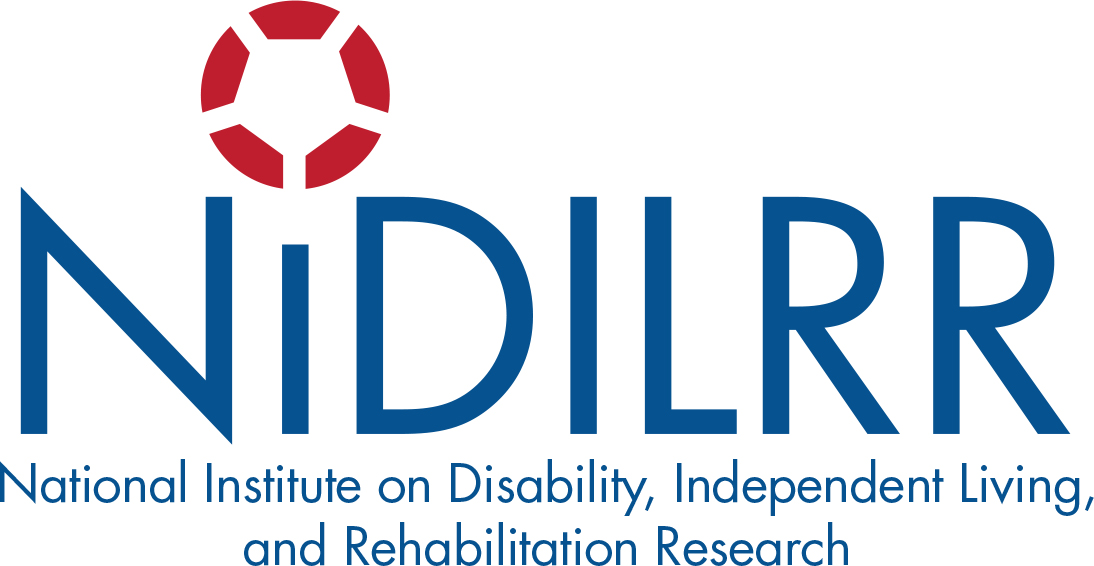Print-Friendly PDF | Large Print PDF
What kinds of disability-related questions can an employer ask during the hiring process?
Most Job Developers are aware that an employer is limited to asking questions that relate to performing the essential functions of the job during the application and interview portions of hiring. Even when a disability is obvious, the employer can only ask about how the applicant would handle performing specific tasks.
Applicants with obvious disabilities may want to consider voluntarily bringing up concerns that the employer might have, and addressing how he/she would deal with them. For example, an individual who has had a brain injury, and has difficulties remembering information, might describe how she records directions and procedures in a notebook.
Once an employer has made a firm job offer to the applicant, the rules change. The employer may then ask any question, including those relating to disability, as long as each person is asked the same questions. It is important to understand this change in the ADA protections in order to prepare the individual for the possibility of being asked for disability-related information.
When the job starts, the rules change again, becoming more restrictive in what may be asked. The employer is not allowed to ask questions about disability unless they are “job-related” and “consistent with business necessity”. The employer must have a reasonable belief (with evidence) that the worker cannot perform the job’s essential functions, or that the worker poses a direct threat to herself, customers, or co-workers. The “direct threat” belief must be based on the severity of the behavior, its likelihood of occurring, and the likelihood of harm.
May a new employee with a disability request the presence of a job coach as an accommodation?
Yes. The EEOC has stated that, “An employer may be required to allow a job coach paid by a public or private social service agency to accompany the employee at the job site as a reasonable accommodation.” See the following link: Press Release: EEOC Sues Comfort Suites for Disability Discrimination.
Does the employee need to disclose that they have a disability in order to ask for an accommodation?
Yes. The employer would not be obligated to provide an accommodation for an individual unless they were told directly by that individual that he or she has the disability. If the individual has multiple disabilities but is only asking to accommodate one or a few, there is no need for him or her to disclosed all disabilities; only the relevant one.
How does an employee with a disability ask for an accommodation? Is there a form? Can the Job Coach ask for them?
Unless the employer has a particular form and procedure, no specific form is required. The worker, an advocate, the job coach, or a family member can ask for an employee's accommodation, and some struggle with how to request.
The Job Accommodation Network (JAN) has some good ideas for Writing an Accommodation Request Letter.
Are there tax incentives for businesses to provide accommodations for workers with disabilities?
Architectural/Transportation Tax Deduction: IR Code Section 190. This one focuses on barrier removal up to a maximum of $15,000 annually. It may be used for making a building and parking lots more accessible, modifying vehicles, etc.
Disabled Access Credit: IR Code Section 44. “Small” businesses can receive a tax credit equal to 50% of expenditures, up to $10,250, for expenses like hiring sign language interpreters for customers or employees, producing accessible formats of printed materials, removing architectural barriers, etc. It cannot be used for new construction.
More information about tax incentives may be found in our Enhance Customer Service and Employee Productivity and Decrease Your Taxes in the Process! fact sheet online, or by contacting your local IRS office.
Are there any important considerations in the decision to ask for an accommodation?
Timing. An individual with a disability may ask for an accommodation before being interviewed, after the job is offered, once the job has started, or even years after becoming an employee. Some individuals with non-apparent disabilities want to delay asking until they feel accepted by co-workers.
Selective disclosure. Asking for an accommodation doesn’t mean that the worker must disclose their entire medical situation. For example, someone with a seizure disorder might want to share information about that but not disclose about their psychiatric disability.
Once the job coach has shifted to occasional checks on the employee, does the employer ever have a legal obligation to invite the job coach back to provide additional services?
Under specific circumstances, it is possible. While we generally think of coaching in terms of assisting the new employee to learn the job, the job coach may also play a role in making sure that the employee, whose disability interferes with receptive communication, understands feedback during an employee performance review, and can incorporate it into subsequent work behavior. If the employee requests the presence of the job coach, and there is not another strategy in place to ensure that the communication is effective, then the employer will likely have an obligation to invite the job coach to the performance review. In 2009, the Department of Justice settled with Target Stores on this exact issue, See EEOC Press Release 8-24-09: Target Stores Sued for Disability Discrimination.

 The Northwest ADA Center is a member of the ADA National Network. This fact sheet was developed under grant from the Administration for Community Living (ACL), NIDILRR grant #90DP0016-02-00. However, the contents do not necessarily represent the policy of the ACL, and you should not assume endorsement by the federal government.
The Northwest ADA Center is a member of the ADA National Network. This fact sheet was developed under grant from the Administration for Community Living (ACL), NIDILRR grant #90DP0016-02-00. However, the contents do not necessarily represent the policy of the ACL, and you should not assume endorsement by the federal government.